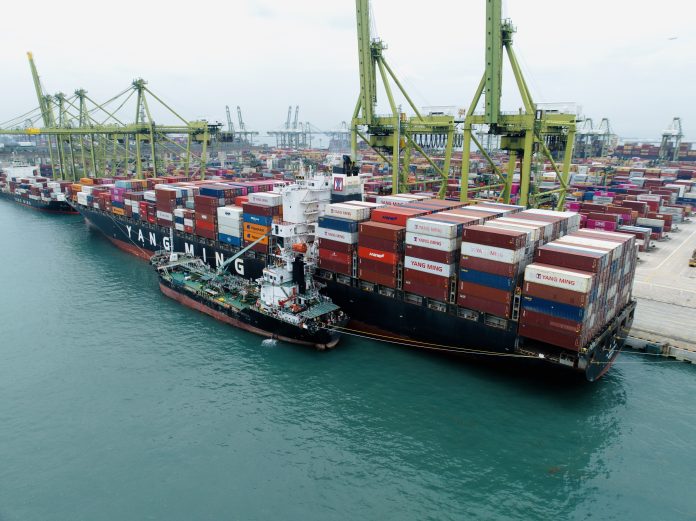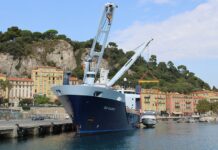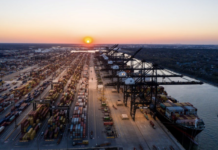
In response to the 2050 net-zero emissions target, Yang Ming Marine Transport Corp. is taking a significant step by integrating sustainable biofuel into its fleet, starting at Hong Kong and Singapore on 7 and 8 March.
Alongside optimizing energy efficiency in fleet management and adopting green energy in its land-based facilities, the company is committing to incorporating biofuel into its annual fuel consumption.
Through the utilization of certified biofuel, Yang Ming aims to achieve a consistent reduction in emissions year by year, while providing customers with more environmentally friendly transportation solutions.
The introduction of biofuel begins with Yang Ming’s 1,805 TEU class container ship, YM Inception, and 6,600 TEU class container ship, YM Masculinity. These vessels are currently servicing Japan to/from Taiwan, Hong Kong, Vietnam, and Thailand route (JTC) and the Far East to/from the Middle East route (CGX) respectively.
In collaboration with energy providers Chimbusco Pan Nation Petro-Chemical and KPI OceanConnect, both vessels have been supplied with B24 biofuel, certified by the International Sustainability & Carbon Certification (ISCC).
This sustainable fuel blend comprises Fatty Acid Methyl Ester (FAME) and Very Low Sulfur Fuel Oil (VLSFO). By embracing biofuel, Yang Ming anticipates a significant reduction of approximately 20% in carbon emissions compared to conventional fuel oil.
“Confronted with future regulatory requirements and the challenges of decarbonization, the adoption of biofuel signifies a significant milestone for Yang Ming as it transitions towards achieving net-zero carbon emissions. Despite the associated higher costs, Yang Ming plans to gradually expand the use of biofuel in 2024, continuing research and investment in new alternative energy sources to realize a 20% reduction in total carbon emissions by 2030 compared to the levels in 2018,” stated Cheng Cheng-Mount, chairman of Yang Ming.
In addition to incorporating biofuel, Yang Ming has implemented various energy-saving and emission-reduction initiatives across its fleet. These measures encompass retrofitting existing vessels to enhance energy efficiency, leveraging big data analysis to optimize vessel performance, and deploying route optimization strategies.
Moreover, the company is awaiting the delivery of five newly-built 15,500 TEU LNG dual-fuel container ships, scheduled to commence in 2026. This forthcoming addition is expected to play a significant role in mitigating the environmental footprint of the shipping sector and promoting sustainable development.





